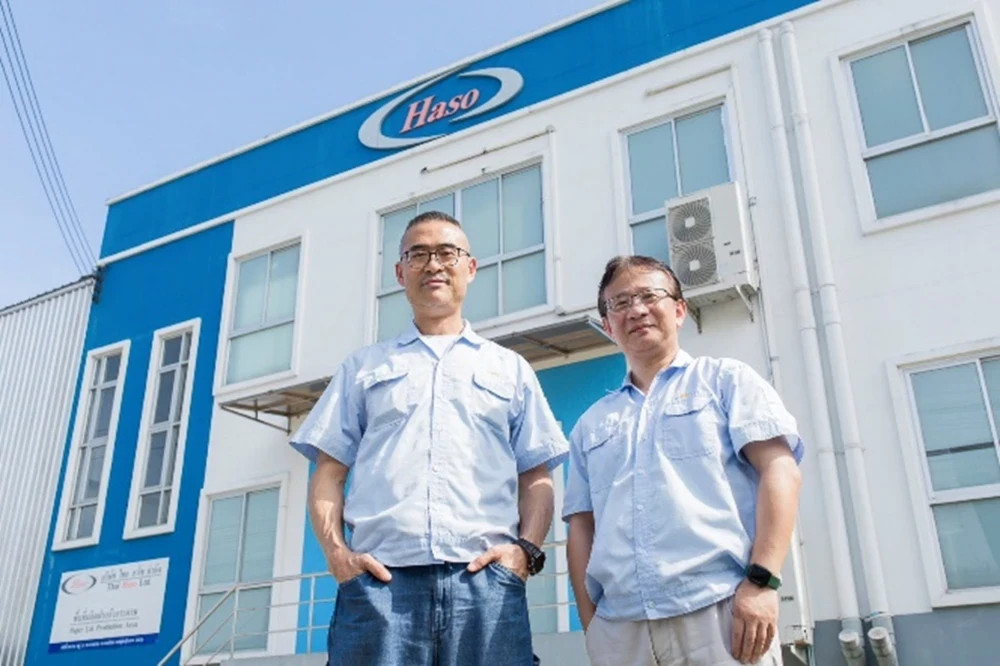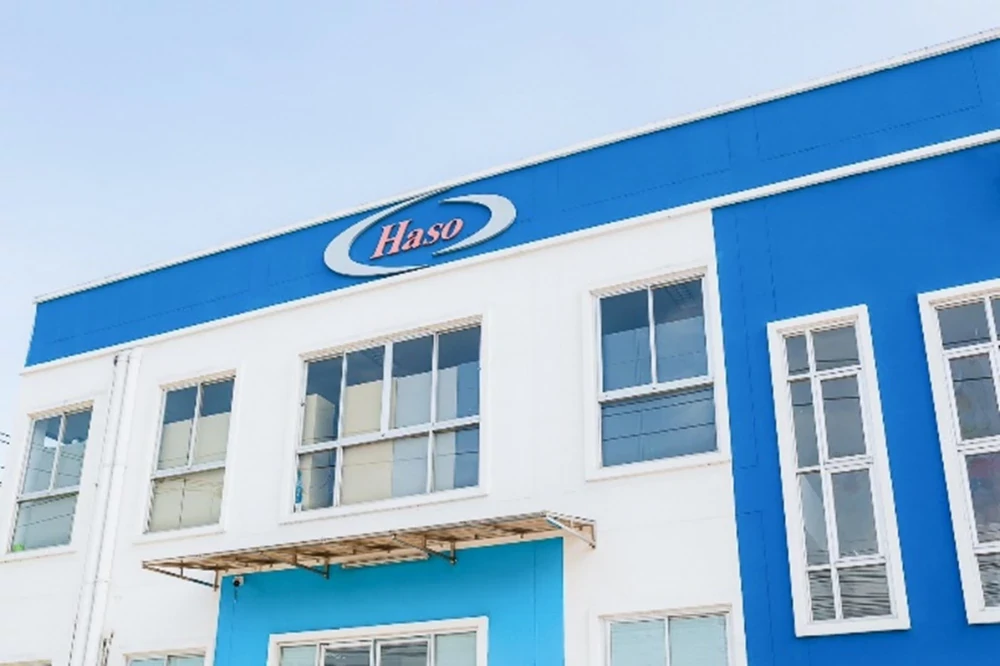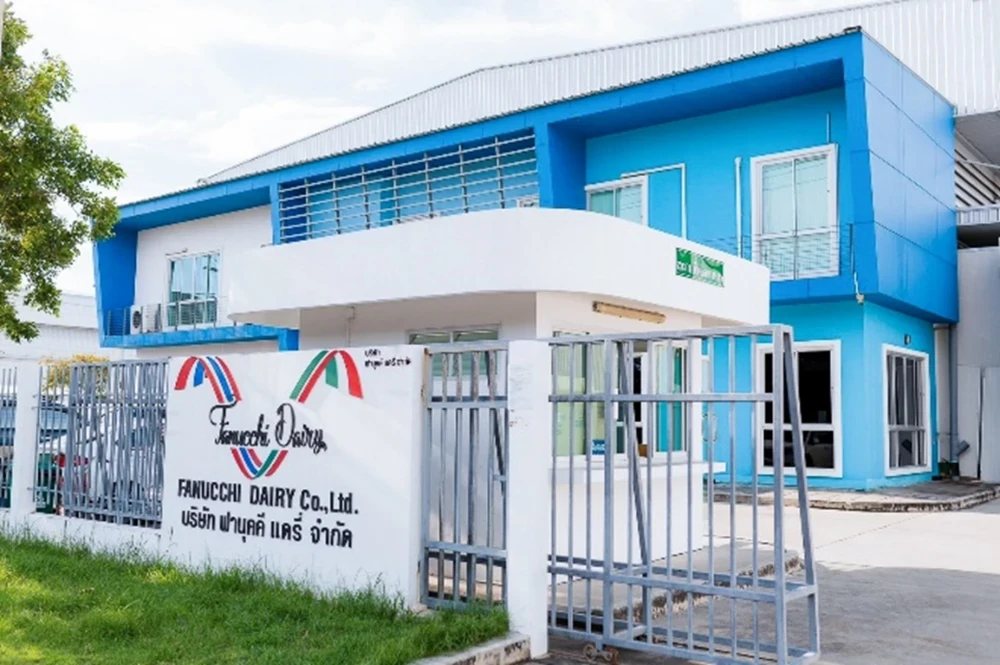01 October 2024
Navigating Thailand's Industrial Sector: The Perspectives of Factory Operators in Free Zone
Both industry and manufacturing in Thailand are currently facing significant challenges. Data shows a concerning trend of factory closures, with the gap between openings and closures narrowing to less than 100 factories per month on average. On a more positive note, looking at the size of factories, there is an increase in large factory openings, with 25.9% rise in overall industrial factory establishments in the first seven months of 2024 compared to the same period last year. Going forward, it is more important than ever that all stakeholders collaborate in learning from past experiences to set a sustainable direction for industrial development in the future.
Government Policy: The Key Factor in Strengthening Thailand’s Factory Sector
Against a background of challenging global economic conditions, one of Thailand's key industrial initiatives, the Free Zone, is proving the country's potential as a manufacturing base for global operators engaged in import and export businesses.
Managed by The Customs Department, the Free Zone was established to provide customs benefits for industrial activities and other enterprises that contribute to the country's economy. To be part of the Free Zone and enjoy the privileges it provides, companies are required to apply for a permit.
Currently, the leading space operator in Thailand’s Free Zone is Prospect Development (PD), a subsidiary of M.K. Real Estate Development Public Company Limited. PD offers warehouse and factory rental projects under the name Bangkok Free Trade Zone (BFTZ). Despite the challenging economic backdrop, the occupancy rate of factory buildings within the Free Zone across all projects of PD exceeds 70%, while another 30% are warehouse buildings and service with demand remaining consistently high. The Free Zone offers a comprehensive range of types of projects for industrial use, allowing businesses integrated operations, covering production, transportation, storage, and distribution.
Ms. Rachanee Mahatdetkul, Managing Director of Prospect Development Co., Ltd., the developer and manager of the Bangkok Free Trade Zone, stated, "The overall sluggish economic recovery is a consequence of Long COVID affecting businesses. Entrepreneurs are obliged to closely monitor situations that could impact their operations more than ever. Unfortunately, due to this, many businesses had no choice but to consider reducing the number of factories under their management. However, for factories located in Free Zone that benefit from duty exemptions provided by the government, we have observed continuous business expansion in Thailand. This underlines the importance of government support in reinforcing Thailand's status as a long-term manufacturing base for business owners from around the world."
Entrepreneurs Network: A Springboard for Greater Competitiveness of Factories in Thailand
With a perception that the Free Zone was aimed primarily at businesses with significant import and export components, many entrepreneurs in the past, particularly foreign investors, overlooked the role and the underlying benefits associated with setting up factories in the Free Zone area. This raised the crucial question of how the Free Zone could be become more effective and inclusive in supporting businesses that sought to establish a factory in Thailand.
With the aim of leaving no one behind, Prospect Development, the leading Free Zone operator in Thailand adjusted the BFTZ project development model to include a General Zone which provides alternatives to accommodate a wide range of business types and sizes. For over 15 years, Prospect Development has been driving the strategic development of industrial areas of Thailand while simultaneously building understanding among stakeholders. Today, both domestic and international entrepreneurs have gained confidence in establishing factories in the Free Zone and are planning to expand their businesses in Thailand continuously.
"The benefits that the government provides to import-export businesses using the Free Zone are key to their decision to set up factories in Thailand. Equally important is how we can further enhance the potential of these areas to support other businesses that may not yet qualify to use the Free Zone. What we have done with the area has successfully attracted global entrepreneurs to first establish their factories in Thailand, and potentially expand into the Free Zone as well, in the future," said Ms. Rachanee Mahatdetkul.
The development concept of Prospect Development's rental factory and warehouse spaces reflects its’ approach to enhancing Thailand's strengths; emphasizing the government policies while also leveraging its’ deep understanding of both Thai and international entrepreneurs to further develop services that cater to the overall industrial sector.
"For the future of factories in Thailand, we must create new opportunities by strengthening the ecosystem, including driving investment promotion, enhancing workforce skills, and elevating collaboration among entrepreneurs in the industrial sector. The potential of Free Zone is another approach to support businesses engaged in import-export and establishing long-term manufacturing bases. Moreover, as an industrial space provider, we must elevate our role to be more than just a rental space and service provider. We need to keep asking ourselves what else we can do to help entrepreneurs start their businesses quickly and smoothly, and grow sustainably together," the Managing Director of Prospect Development Company Limited, the developer and manager of the 'Bangkok Free Trade Zone' project, added.
Keeping Factories Thriving: R&D, Opportunities, Prime Locations, and Long-Term Partnerships
At present, PD is supporting more than 200 companies with the top 5 multinational tenants from Thailand, China, Japan, the United States, and Europe. The factory and warehouse formats include Ready Built, Built-to-Suit and Ready Built-to-Suit variations designed to meet unique industrial and business requirements.
One company remaining confident in keeping its’ manufacturing base in Thailand and continuously expanding its’ business is Thai Haso Company Limited. The Japanese firm, which established in Thailand in 2012, manufactures and exports wet and dry-cleaning wipes, disposable pants, and absorbent pads for babies, individuals, and hospitals, with major clients including American P&G, American Frida Baby, Wacoal, and some Japanese and Southeast Asian customers.


Mr. Huo xing, Managing Director and Factory Managerof Thai Haso Company Limited, shared his perspective on utilizing Free Zone’s privileges in Thailand, "Having established a production base in Thailand for over 12 years, our company has weathered various significant challenges while maintaining business strength. We started by renting a factory in BFTZ 1 Bangna-Trad KM.23 project, with leasable area about 6,000 sq.m., and now occupy 20,000 sq.m. with plans to expand further in Free Zone areas in Thailand’s strategic locations. Since our business focuses on manufacturing and exporting, we can take advantage of the Free Zone benefits, which allows us to expedite various processes. Although our products are high-demand consumer goods, we never stop innovating to stay relevant in a changing world, continuously understanding the market and customer insights to drive further development. We aim for annual sales of around USD 30 million."
Mr. Xiang Ling, Factory Manager of Thai Haso Company Limited, added, "Our production factory is semi-automated, with over 470 employees on the production line and in the office. 99% of our employees are Thai. In a competitive environment with many players in the market, the company's primary focus is on expanding capabilities in various areas, such as enhancing workforce skills, fostering collaboration between the company and industry stakeholders, and continuously improving product quality. We allocate up to 10% of sales to our R&D budget, along with implementing cost-reduction strategies in transportation. These efforts have allowed us to capture a larger market share in household cleaning products. In 2025, we plan to expand our product range and introduce food packaging products. All of our company’s products must be patented to ensure innovation."
Another notable factory renter is Fanucchi Dairy Company Limited, a leader in high-quality cheese production from Italy. The company has been in the dairy product industry for over a century, mastering knowhow and techniques passed down through generations to deliver high-quality cheese to Thai consumers. Their vision focuses on expanding dairy product lines using premium ingredients, incorporating new production technologies, and developing strategic partnerships in the market. Fanucchi Dairy’s main products include fresh mozzarella cheese, mozzarella for pizza, mozzarella cheese stick, and its subsidiary brand ‘YUMMY BITES’ cheese snacks.


Mr. Nicola Fanucchi, Managing Director of Fanucchi Dairy Company Limited, said, "We chose to do business and establish a factory in Thailand due to its geographical advantages, as Thailand serves as a central hub connecting Southeast Asian countries. The company sees opportunities from regional economic growth and the limited number of cheese producers in the country. When selecting a project for factory rental, we prioritize the benefits of Free Zone because our business involves importing premium raw materials from abroad to produce and sell cheese in Thailand, with some exports to Cambodia and Vietnam, mainly targeting B2B customers. This benefit helps reduce costs and increase our competitive edge. Moreover, the location of BFTZ 1 project in Bangna-Trad is close to Bangkok and key ports."
“Future challenges may emerge such as the market entry of new producers and geopolitical conflicts which could affect raw material prices. However, the company remains confident. Seeing Thailand as a market with more opportunities yet to come, Fanucchi Dairy is optimistic, particularly of the cheese market with the trend of modern consumers embracing diverse food culture and increasingly including cheese in their diet of choice.”
"With the services and support from the factory project operator, we have been able to smoothly access the Thai government’s Free Zone benefits. The process of installing equipment and obtaining permits was swift. We rented a Stand Alone building which is ideal for the food business. From the perspective of a foreigner doing business in Thailand, having a partner who understands, provides advice, and offers comprehensive support allows us to reach full potential with a strong focus on offering better quality products for customers," Mr. Nicola concluded.
Never stop innovating, always adapt to changes, and find yourself the right allies are the ways to move forward and face challenges with confidence. This concept sums up the transformative strategies of the factory operators in Thailand’s Free Zone, the perspectives which could be of help in shaping a strong future for Thailand’s industrial sector in the long term.
